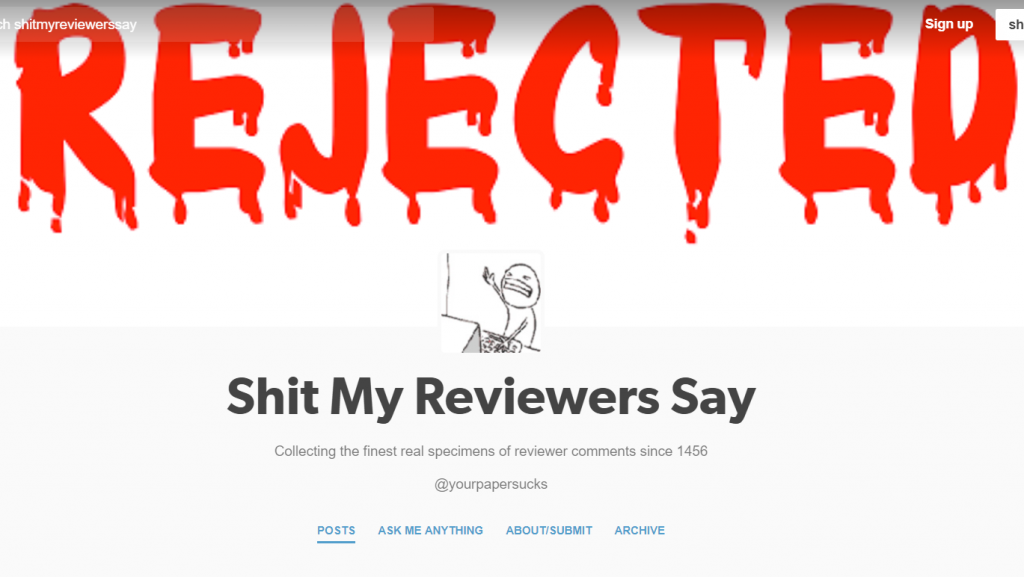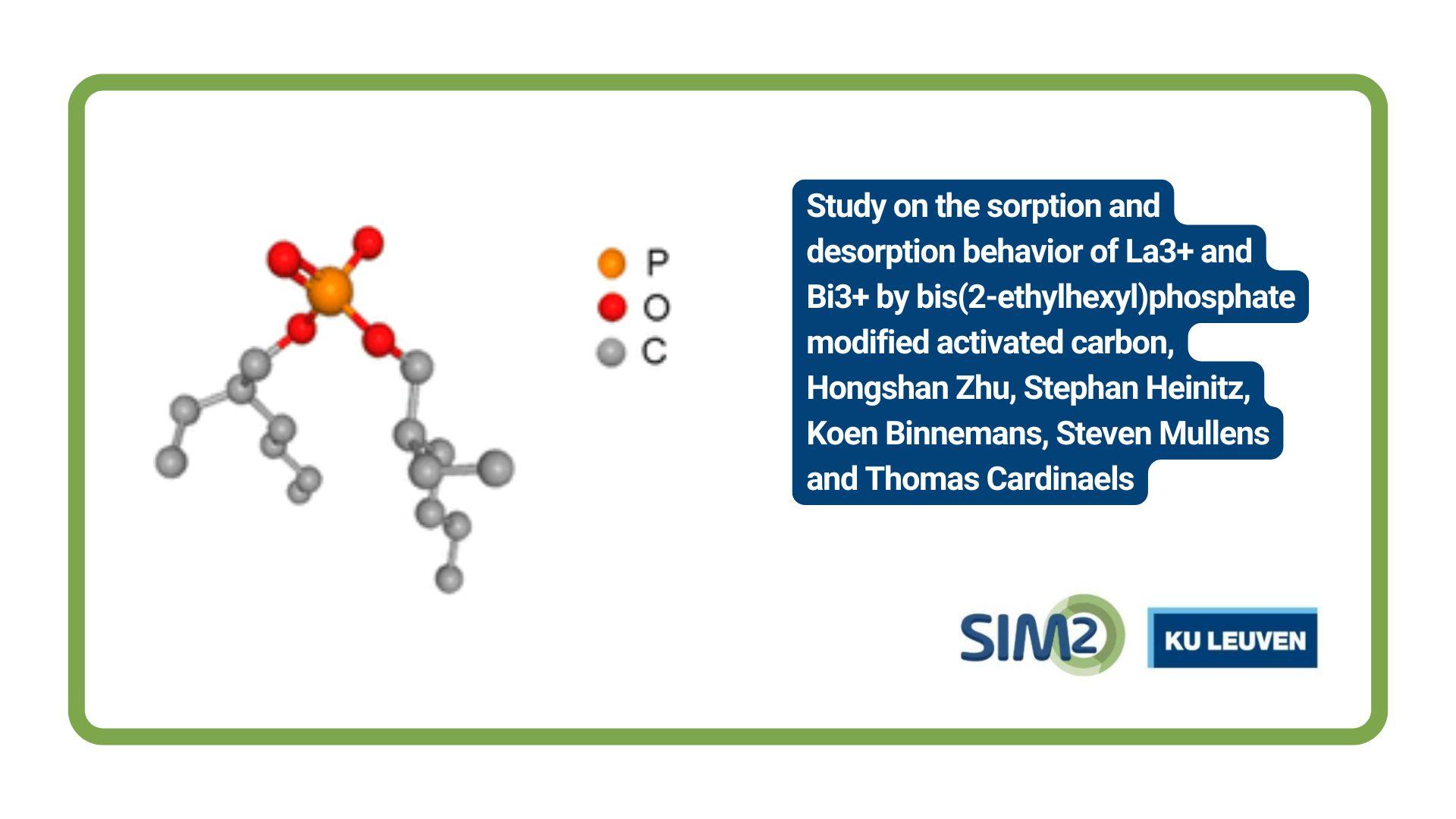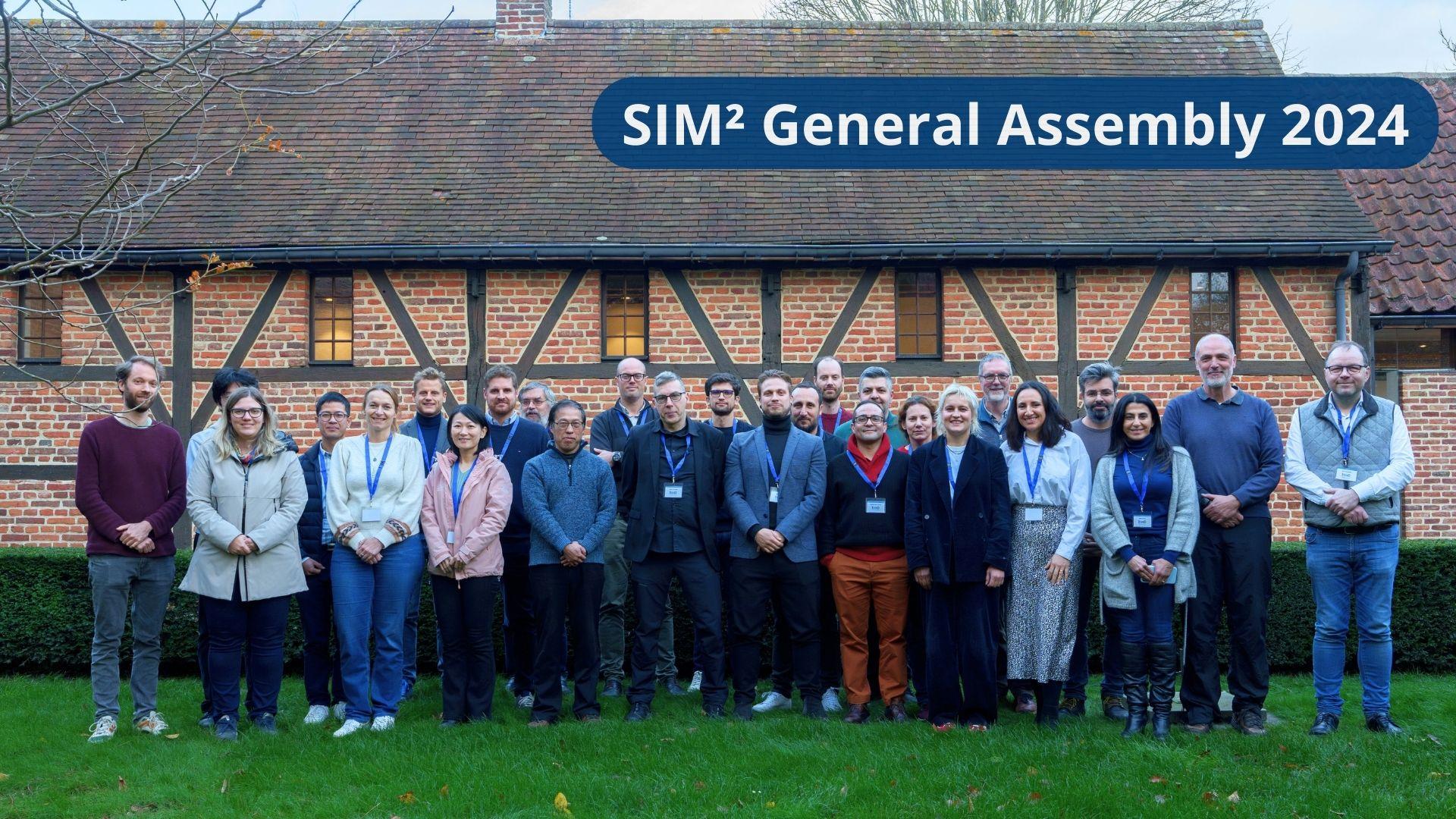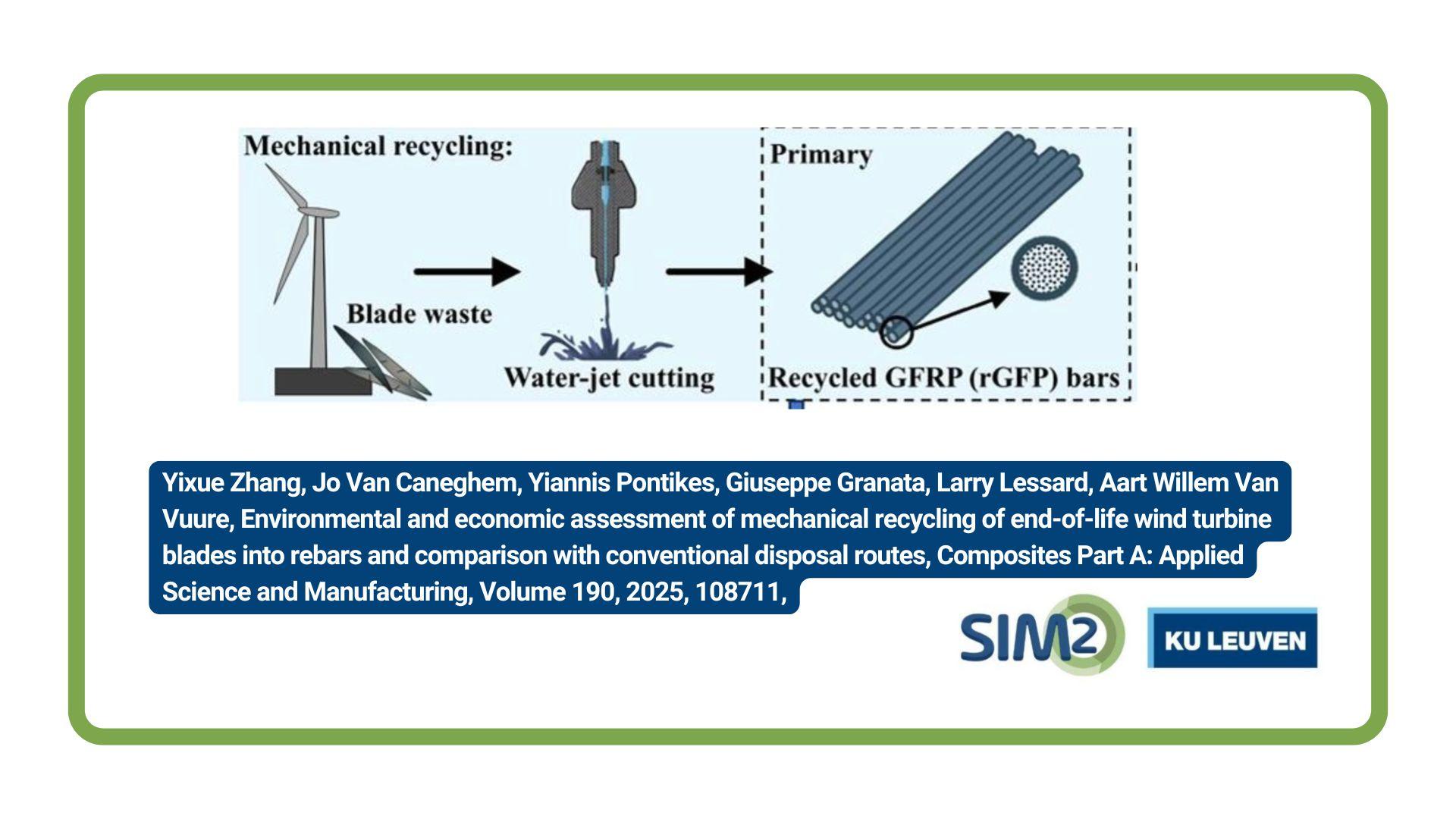“You said you worked hard? Well, maybe you need to work a little harder. Is that really the limit of your strength? Could the you of tomorrow beat you today? Instead of giving in, move forward.”
After many months of article reading, experiments and data analysis, I came out with my first scientific article. Despite reading literature and scientific documents in English on a daily basis, I had to invest a lot of time cause I write slower in English (like any non-native writer), and because I decided to write in LATeX, which is not a plug-and-play document-writing software. After all, it was a relief to finally submit my first article, a relief only comparable with the feeling of disappointing I had when I got a rejection.
The first lines were the comments of the reviewers, but I skimmed them in order to get their decision. When I read that the decision was a rejection, the first thought I had was: If I cannot get my first article published, am I good enough for getting a PhD ? I started questioning my writing skills, the approach I had, the ways I showed the results, the conclusions…I had the feeling of wasting lots of time on something that was not good enough and I did not want to invest more time in the article, but I did not want to keep it unpublished because I knew the value that was on it.
I was not able to come back to the article after some weeks. A PhD does not give you a lot of time to leave an article behind for too long, so after a couple of weeks I took the courage to read back the comments of the reviewers in order to restructure the article. Certainly, talking with my colleagues was a big help to overcome the negative feelings, especially when they shared with me the much tougher comments they got, which sometimes are hard to believe that come from a scholar.

“This is a very difficult paper to review, and difficult – even painful – to read”, “I am not convinced if any clear real value of this research”, “the manuscript is a collection of fragmented and disconnected descriptive observations” or my favorite one :“I thing that the English of the manuscript need further polishing”[sic]. The typo, together with the fact that it was sent to a colleague who is a native English speaker, make it surrealist ( You can find more tough reviews in https://shitmyreviewerssay.tumblr.com/ ). Once I read the comments of my colleagues, I noticed that the feedback I received wasn’t bad at all, and indeed it was quite constructive and respectful.
I have learnt that whenever you send an article, you are in a weak, vulnerable position, and you should be prepared to handle this kind of comments. And I learnt that if one wants to pursue either an academic or an industrial career, one has to cope with tough comments and critics. It is up to you to use these opinions to discourage yourself of continuing your research or you can use them to improve the quality of your article and move forward.
Doubting about your skills won’t add any value to your article, although it is understandable that with certain reviewers feedback, you can feel so. However, reviewers are fallible and their comments are not the last word for your research. You ask a colleague to give you a sincere feedback, so that you feel more confident on restructuring your article. You can decide to go for another journal, either in case you get rejection or major revisions, with more self-esteem ensuring the new version of your manuscript is better than the one you submitted before.
Summary: Do not despair, do not take any comment as a personal and take any feedback as the fuel you need to get a better article.
About the Author:

Yamid is our ESR06. He originally is from Colombia, but moved to Belgium to work on his PhD as an employee of the University of Leuven. He is a lover of croissants, Viennese chocolate, patacones and Belgian fries. His main task is to find the best conditions to clean syngas, obtained from municipal solid waste, using a pulsed-corona plasma, which will allow to use syngas in a greener and more efficient power generation and chemical synthesis processes. You can contact him at yamidali.gomezrueda@kuleuven.be. |





